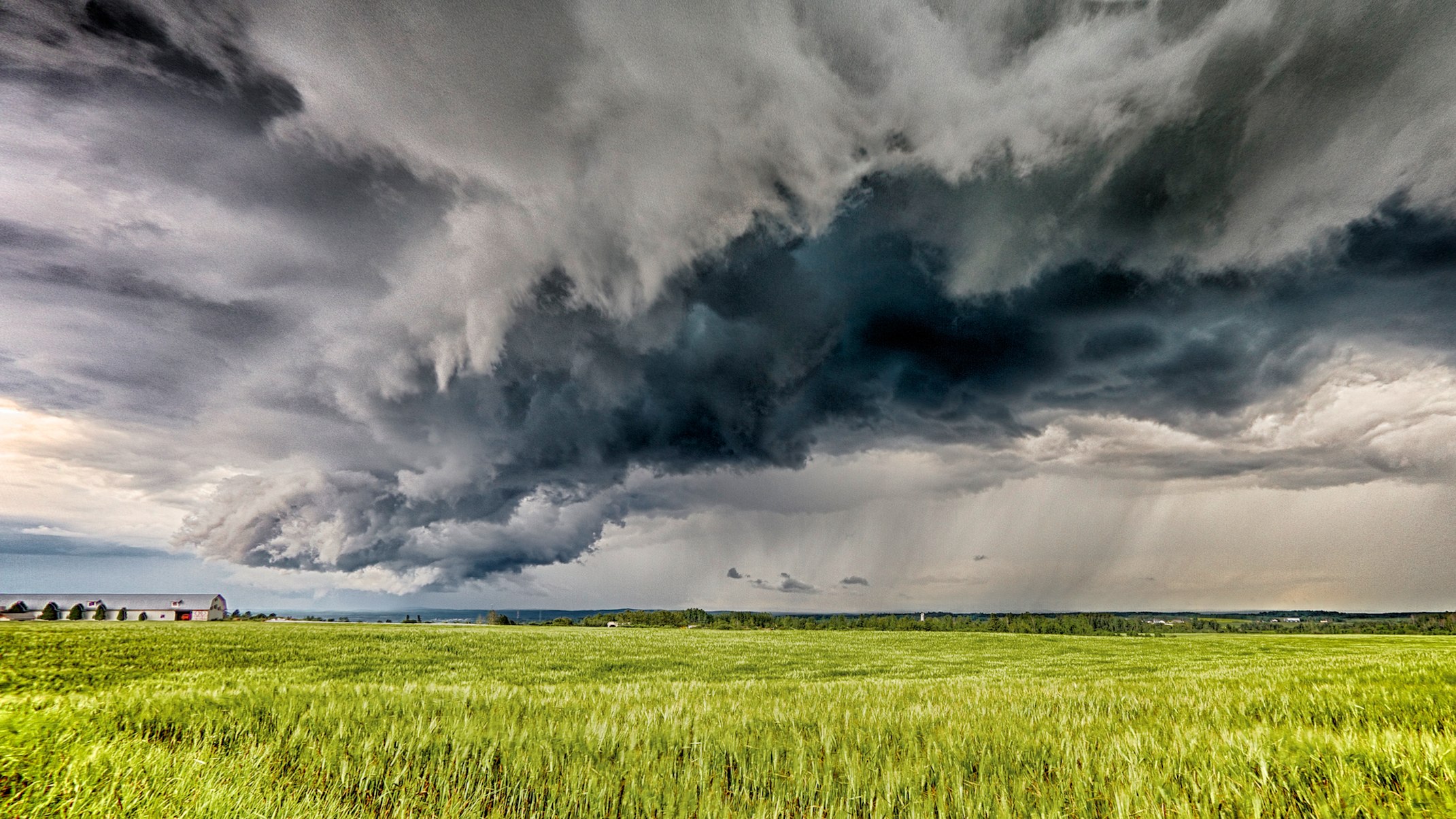Frederick Kenneth Hare, CC, FRSC, environmental scientist, professor, administrator (born 5 February 1919 in Wylye, England; died 3 September 2002 in Oakville, ON). F. Kenneth Hare has been widely recognized for his research contributions in climatology and biogeography. During his career, he participated in several committees and commissions concerned with environmental issues, such as climate change, nuclear reactors and nuclear waste and acid rain (see Nuclear Energy).
F. Kenneth Hare
Massey medalist Kenneth Hare, c. 1974.
(Photo by Ron Bull/Toronto Star via Getty Images)
Education and Career
A University of London King's College graduate and wartime meteorologist with the British air ministry, F. Kenneth Hare came to Canada in 1945 as a geography professor at McGill University. ( See also Meteorology; Second World War.) He earned his PhD at the Université de Montréal studying arctic climatology and biogeography. He served as dean of arts and science at McGill University, master of Birkbeck College, University of London, and president of the University of British Columbia. From 1969 to 1979, he was professor of geography and physics at the University of Toronto and from 1974 to 1979 the first director of the university’s Institute for Environmental Studies. He served as provost of Trinity College at the University of Toronto from 1979 to 1986 and was appointed professor emeritus (geography) in 1984. In 1988 he was appointed chancellor of Trent University. He served as chancellor until 1995.
Research and Contributions
F. Kenneth Hare's early research focused on high-latitude climatology and biogeography, the behaviour of the stratosphere (a layer of the earth’s atmosphere), and the water and energy balances of North America. (See also Climate and Society.) From 1969 his research interests included atmospheric carbon dioxide, climate change, drought and arid zone climates. Long active in movements to protect and conserve the natural environment, Hare served on numerous commissions and committees related to, among others, acid precipitation, desertification, heavy metals, nuclear reactors and waste products, atmospheric ozone, greenhouse gases and climate change. (See also Environmental Movement in Canada.) Hare served as chairman of the Federal Study Group on Nuclear Waste Management and commissioner of the Ontario Nuclear Safety Review (see Nuclear Energy). He was chairman of the Technical Advisory Panel on Nuclear Safety (Ontario Hydro) and was a member of the Research and Development Advisory Panel of Atomic Energy of Canada Ltd. He also conducted studies on nuclear waste management in Sweden and France.
For the Royal Society of Canada, Hare was chairman for studies on the long-range transport of airborne pollutants, on the nuclear winter phenomenon and on lead in the environment (see Pollution). In 1989 the Royal Society also appointed Hare chairman of the Canadian Global Change Program. He was director of the Washington-based energy research group Resources for the Future and acted as the first chairman of the Special Advisory Committee on the Environment of the City of Toronto. From 1979 to 1989 he was chairman of the Climate Planning Board in Canada and in 1986-87 was president of Sigma Xi, a scientific research society.
Spokesperson
A frequent spokesman on the atmospheric greenhouse effect, Hare believed that the main environmental issue confronting Canada in the future would arise from climatic change induced by fossil fuel consumption. Hare regarded nuclear power as more environmentally friendly than generators burning fossil fuels. As for radioactive waste, Hare contended that the knowledge and the technology existed to overcome all the physical risks in transporting and storing it.
Select Publications
Kenneth Hare wrote nearly 200 books, reports, articles and commentaries, including The Restless Atmosphere (1953) and, with Morley K. Thomas, Climate Canada (1974 and 1979).
Honours and Awards
F. Kenneth Hare became a Fellow of the Royal Society of Canada in 1968. He was appointed an Officer of the Order of Canada in 1978 and made a Companion in 1987. He was also the recipient of the Order of Ontario in 1989. Hare’s many contributions earned him 11 honorary doctorates and countless other honours, awards and medals, including the Royal Geographical Society’s 1974 Massey Medal. In 1988 in Geneva, he received the International Meteorological Organization Prize from the United Nations' World Meteorological Organization ( see Meteorology).

 Share on Facebook
Share on Facebook Share on X
Share on X Share by Email
Share by Email Share on Google Classroom
Share on Google Classroom











